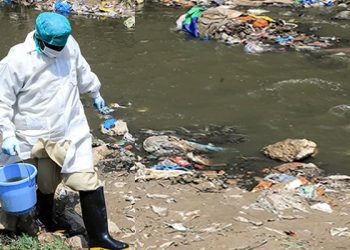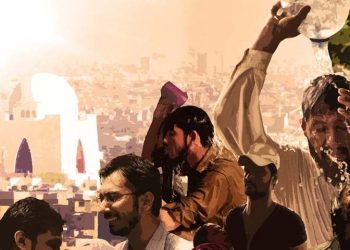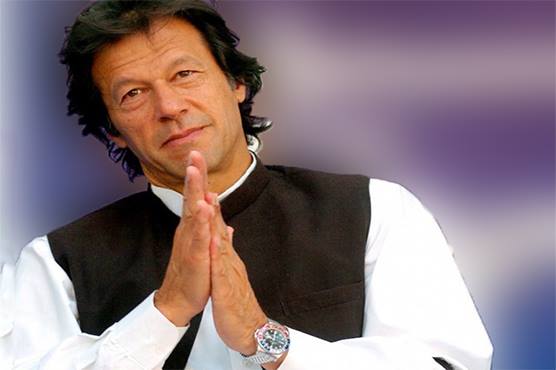Foreign Office Spokesperson Mumtaz Zahra Baloch at a weekly press briefing said the national policy towards the Afghan refugees in the country “remained unchanged” and their safe repatriation was a separate issue.
The spokesperson said the ongoing operation was against the individuals who had either overstayed their visas or did not have the valid documents to stay.
Baloch clarified that the operation had nothing to do with the Afghan refugees that Pakistan had been hosting for several decades despite its economic constraints.
She confirmed that the bilateral trade between Pakistan and Afghanistan continued to take place, however, stressed that Pakistan would not accept the misuse of transit trade facilities.
Pakistan, she said, had been clearly articulating its concerns about the threats emanating from Afghanistan.
“We believe in diplomacy and will continue to engage with the Afghan authorities to ensure that the Afghan soil is not used to foment terrorism,” she said.
Baloch said Pakistan was in contact with the Indian authorities and urged them to issue visas to Pakistani spectators and journalists who wished to see the ICC (International Cricket Council) World Cup in India.
She said it was the responsibility of the host country to provide security and a conducive environment for the Pakistan cricket team and emphasized that sports should not be mixed with politics.
She said the Pakistan team was visiting India not for a bilateral cricket series, and thus had every right to participate in the international series.
To another question, the spokesperson said the Ministry of Foreign Affairs had received the formal communication from the Election Commission to invite international observers for the upcoming general election. She said the process would be facilitated in accordance with the policy and past practice.
On Palestine, she said Pakistan’s policy was clear that it supported a two-state solution on the basis of pre-1967 borders.
Pakistan on Thursday clarified that the decision to deport illegal residents was not specifically targeted at the Afghan refugees but against all immigrants residing in the country illegally without valid visa documents.
Foreign Office Spokesperson Mumtaz Zahra Baloch at a weekly press briefing said the national policy towards the Afghan refugees in the country “remained unchanged” and their safe repatriation was a separate issue.
The spokesperson said the ongoing operation was against the individuals who had either overstayed their visas or did not have the valid documents to stay.
Baloch clarified that the operation had nothing to do with the Afghan refugees that Pakistan had been hosting for several decades despite its economic constraints.
She confirmed that the bilateral trade between Pakistan and Afghanistan continued to take place, however, stressed that Pakistan would not accept the misuse of transit trade facilities.
Pakistan, she said, had been clearly articulating its concerns about the threats emanating from Afghanistan.
“We believe in diplomacy and will continue to engage with the Afghan authorities to ensure that the Afghan soil is not used to foment terrorism,” she said.
Baloch said Pakistan was in contact with the Indian authorities and urged them to issue visas to Pakistani spectators and journalists who wished to see the ICC (International Cricket Council) World Cup in India.
She said it was the responsibility of the host country to provide security and a conducive environment for the Pakistan cricket team and emphasized that sports should not be mixed with politics.
She said the Pakistan team was visiting India not for a bilateral cricket series, and thus had every right to participate in the international series.
To another question, the spokesperson said the Ministry of Foreign Affairs had received the formal communication from the Election Commission to invite international observers for the upcoming general election. She said the process would be facilitated in accordance with the policy and past practice.
On Palestine, she said Pakistan’s policy was clear that it supported a two-state solution on the basis of pre-1967 borders.


















































